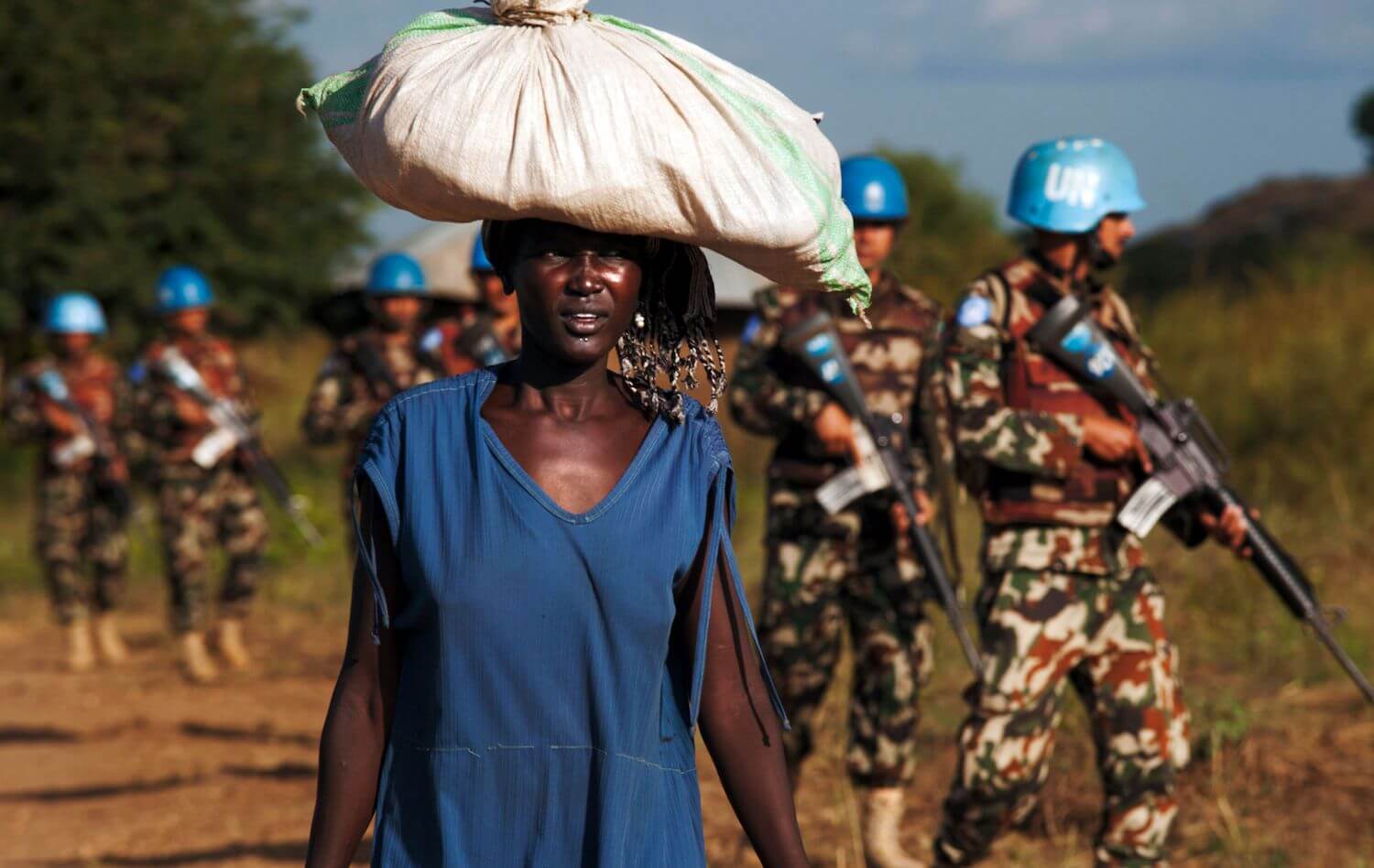South Sudan has borne the brunt of regional organizations in Africa this week after the African Union (AU) suspended it over a failure to pay its financial contributions, and the East African Court of Justice disallowed its government and two mining companies in the country from operating and exporting oil due to spills.
It has emerged that South Sudan has an outstanding contribution of over $9 million owed to the AU budgets, which comprises of its annual contributions for three consecutive years. Accordingly, it has been suspended from the Union. While it remains a member, it cannot participate in meetings. South Sudan joined the AU in July 2011 after gaining independence from Sudan, becoming the 54th member of the regional intergovernmental organization. In fact, South Sudan is in arrears with many regional, international, and global bodies it is a member of. For example, it owes roughly $24 million to the East African Community.
South Sudan’s permanent representative to the AU and the United Nations Economic Commission for Africa, Ambassador James Pitia Morgan, called the situation “dramatic and embarrassing” on a “regional, continental, and international stage”. Deputy foreign affairs minister Deng Dau Deng said that the non-payments were due to the coronavirus pandemic, which has exacerbated South Sudan’s financial strife. He said, “South Sudan was due to pay a commitment of which in December to January, we paid 40 percent of our contribution and membership [fee] to the African Union. We are committed as a country to pay our contribution but it’s just delayed because of the situation that we are in.”
Similarly, the East African Court of Justice delivered a temporary injunction order to the country’s Minister for Justice, the Greater Pioneer Operating Company (GPOC), and the Dar Petroleum Operating Company Ltd. The Court approved the application by Hope for Humanity Africa (H4HA), a local non-governmental organization (NGO), which sought to highlight the environmental damage caused by oil spills to the River Nile and seasonal rivers in the region at large. The NGO contends that: “Over 47,249 of the local population in Upper Nile State and 60,000 in Unity State are at risk of being exposed to the oil pollution this is because the local population depends on the wild foods for survival, the contaminated swamps, streams and rivers waters for cooking, drinking, washing, bathing and fishing.”.
In fact, H4HA is looking for an injunction to stop multiple companies from exporting oil from the region, including China Petroleum Corp. and Petroliam Nasional Bhd., and is seeking $720 in compensation for affected communities. CNPC, Petronas, and Oil & Natural Gas Corp. of India (ONGC) are also active in the country which has sub-Saharan Africa’s third largest oil reserves. BloombergQuint estimates that South Sudan “pumps about 126,000 barrels per day of oil” in order to re-build a war-ravaged country.
Following its independence, the country experienced over five years of turmoil and conflict, during which 400,000 peopled died and a further 4 million were displaced. In fact, the country is still beset by instability. It is for this reason that, earlier this week, the United Nations Security Council (UNSC) extended the mandate of the UN Mission in South Sudan (UNMISS) until March 15, 2021. The mission seeks to advance the “humanitarian and human rights situation”. While UNMISS has collaborated with the Intergovernmental Authority on Development (IGAD) to facilitate the formation of a unity government and the implementation of a ceasefire, UN Secretary-General António Guterres highlighted that there are still problems. For instance, he said, “The recent clashes in Central Equatoria State between South Sudan People Defense Forces and SPLA-IO and National Salvation Front is of concern.” In fact, Foreign Policy has reported that existing peace agreements rest on extremely shaky ground.
These latest sanctions by the AU and now the East African Court threaten to make this already embattled nation even more vulnerable.
South Sudan Suspended by African Union, Barred From Exporting Oil by East African Court
South Sudan has borne the brunt of regional organizations in Africa this week.
June 24, 2020

IMAGE SOURCE: ALBERT GONZALEZ FARRAN / AFP / GETTY IMAGES
